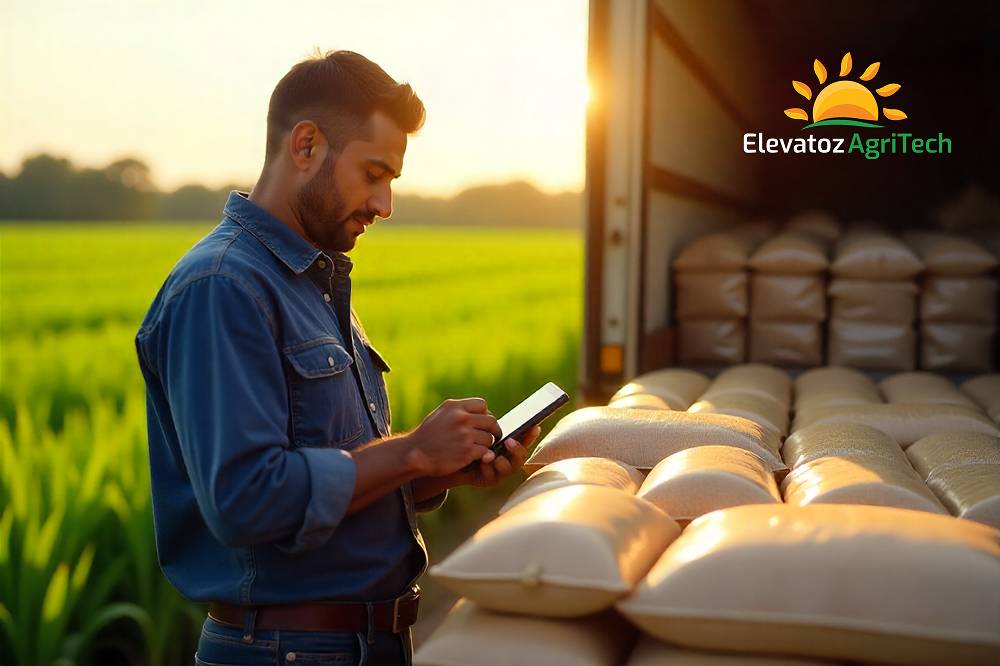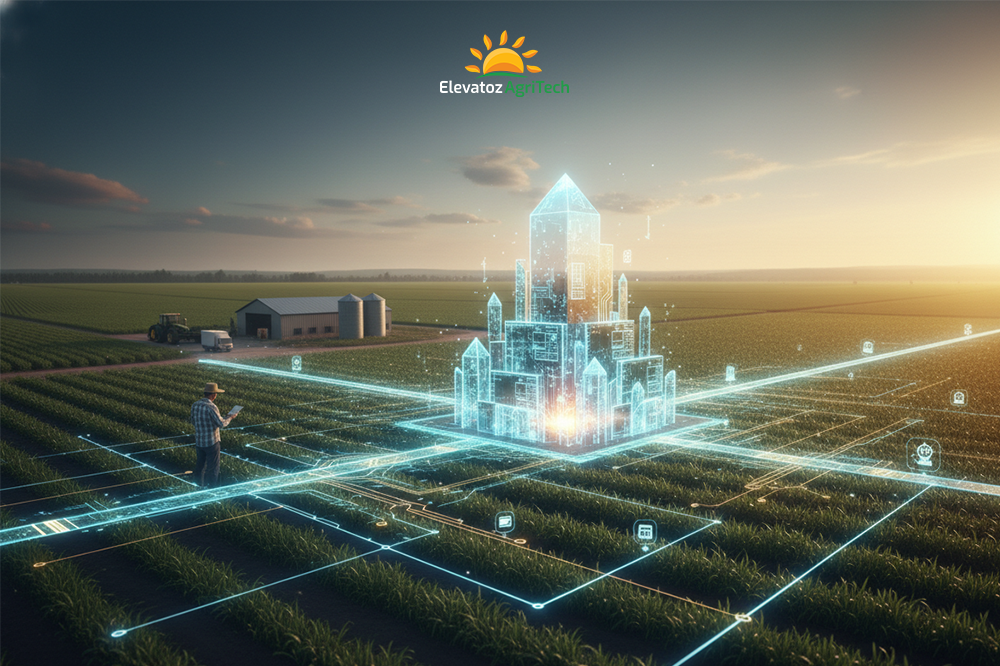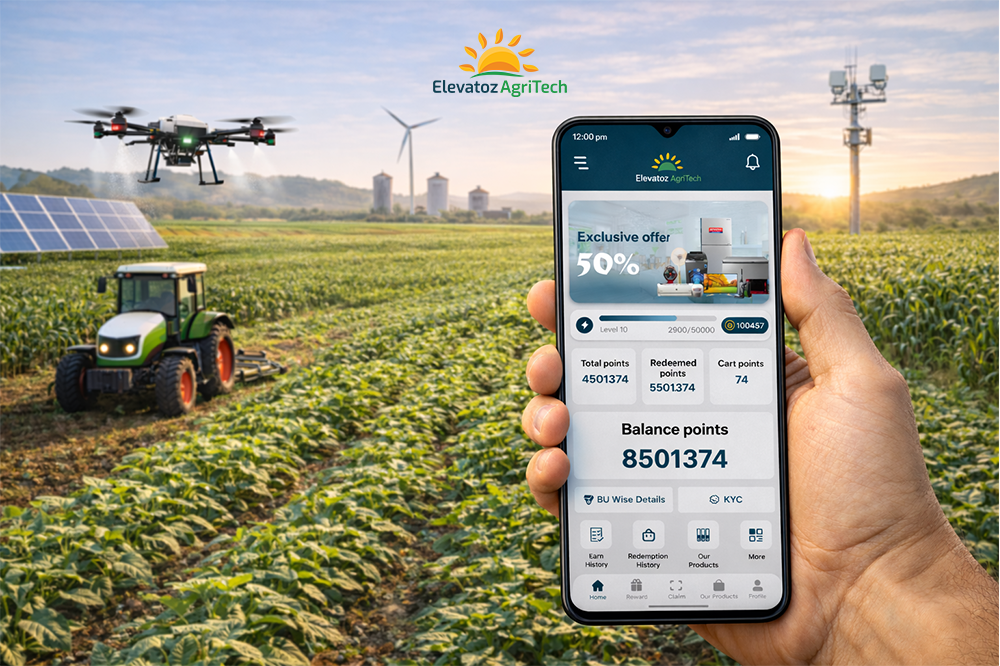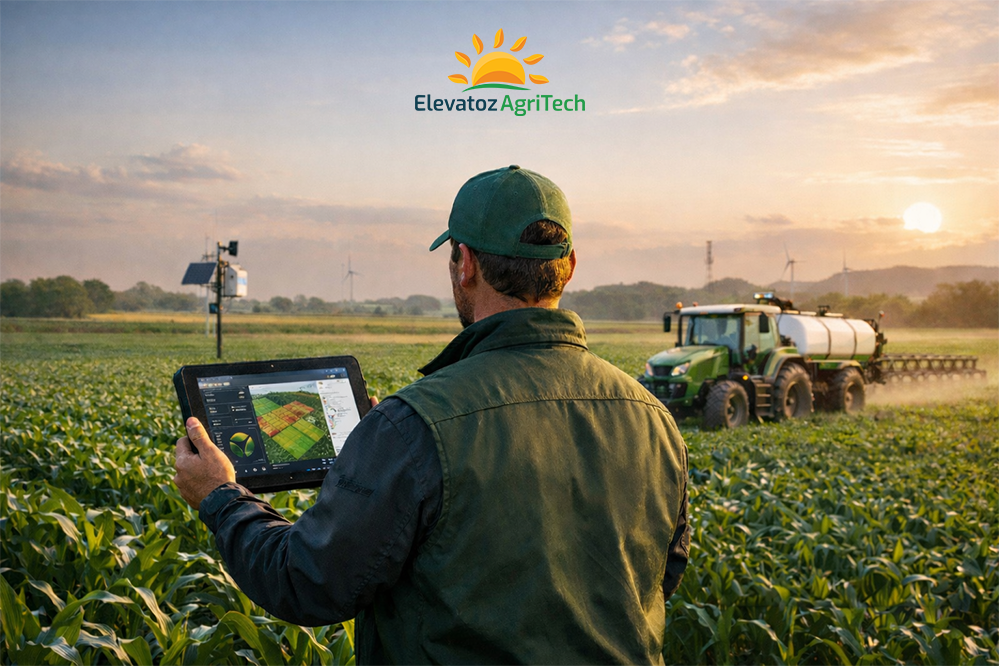In today’s fast-evolving agribusiness landscape, one term is transforming how companies operate traceability. From the seeds sown in the field to the final product on the consumer’s table, every stage in the agricultural value chain is now under the lens of transparency, quality, and accountability.
Businesses that embrace traceability are not just complying with regulations they are gaining a competitive edge. But why has it become so crucial, and how can agribusinesses leverage it for growth?
1. What Is Traceability in Agribusiness?
Traceability refers to the ability to track the journey of agricultural products through every step production, processing, and distribution. It involves recording detailed data points such as the origin of raw materials, batch numbers, processing methods, transportation routes, and final destination.
In simple terms, it’s about knowing where your food comes from, how it was produced, and whether it meets quality and safety standards.
2. Why Traceability Matters More Than Ever
a. Rising Consumer Awareness
Modern consumers are more conscious than ever about what they eat. They demand transparency they want to know if their produce is organic, sustainably grown, and free from harmful chemicals. Traceability helps brands earn that consumer trust by providing verifiable data.
b. Compliance and Regulations
Governments and international markets are tightening food safety standards. Exporters must now meet traceability requirements to access global markets. Lack of traceability can result in rejected shipments, loss of credibility, and financial setbacks.
c. Rapid Recall Management
In the event of contamination or quality issues, traceability systems allow quick identification and recall of affected batches. This minimizes financial loss and safeguards brand reputation.
d. Competitive Differentiation
Agribusinesses that can prove their supply chain transparency instantly stand apart from competitors. For buyers and retailers, a traceable supply chain means reliability and consistency.
3. The Business Benefits of Implementing Traceability
a. Enhanced Brand Trust
Transparency builds loyalty. Consumers and B2B buyers prefer working with suppliers who can provide end-to-end visibility into their operations.
b. Better Supply Chain Efficiency
Digital traceability tools streamline data collection and communication across multiple stakeholders farmers, distributors, and retailers. The result is reduced errors, better forecasting, and lower waste.
c. Market Expansion Opportunities
Traceable produce is often eligible for premium pricing and entry into international markets that demand compliance like the EU, US, and Japan.
d. Data-Driven Decision Making
Traceability isn’t just about compliance; it’s about insights. The collected data helps identify inefficiencies, monitor farm performance, and improve sustainability.
4. How Technology Is Powering Traceability
The digital transformation in agribusiness has made traceability easier, faster, and more reliable than ever before. Here’s how technology is enabling this shift:
- Blockchain: Provides immutable records that ensure data integrity and authenticity.
- IoT (Internet of Things): Tracks environmental conditions, crop health, and logistics in real-time.
- QR Codes: Allow consumers to scan and instantly view product origin, farmer details, and certification.
- AI & Data Analytics: Detect patterns, predict risks, and enhance decision-making across the value chain.
Together, these innovations create a transparent, data-rich environment that benefits both producers and consumers.
5. Real-World Example: Building Consumer Confidence Through Traceability
Imagine a consumer scanning a QR code on a pack of rice. In seconds, they can see:
- Which farm it came from
- When it was harvested
- Which mill processed it
- How it reached the store
That’s the power of traceability it connects the farmer’s hard work directly to the consumer’s trust. For businesses, it’s not just transparency it’s storytelling through data.
6. Challenges in Adopting Traceability and How to Overcome Them
While the benefits are clear, many agribusinesses struggle with implementation due to:
- Lack of digital infrastructure
- Data silos across multiple stakeholders
- Resistance to change among farmers
The solution lies in user-friendly digital platforms that integrate seamlessly across the value chain. When technology is simple and accessible, adoption becomes easier — even at the grassroots level.
7. The Future of Agribusiness Is Transparent
Traceability isn’t a trend it’s the foundation of the future of agriculture. It builds trust, ensures quality, and drives sustainability. As climate challenges, global trade, and consumer demands evolve, agribusinesses that invest in traceability will lead the way.
In the years to come, we will see traceable value chains become the norm not the exception.
Final Thoughts
From farm to consumer, traceability bridges the gap between production and trust. It’s not just about tracking products; it’s about building credibility, competitiveness, and connection.
Businesses that embrace this shift today will define the agribusiness success stories of tomorrow.



